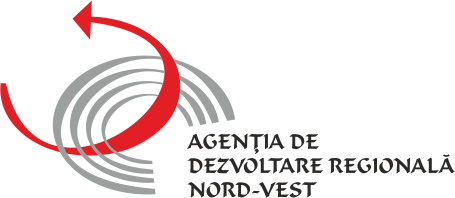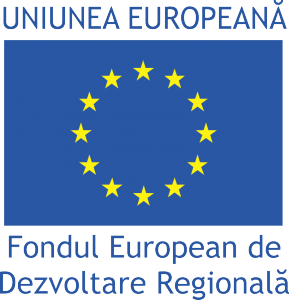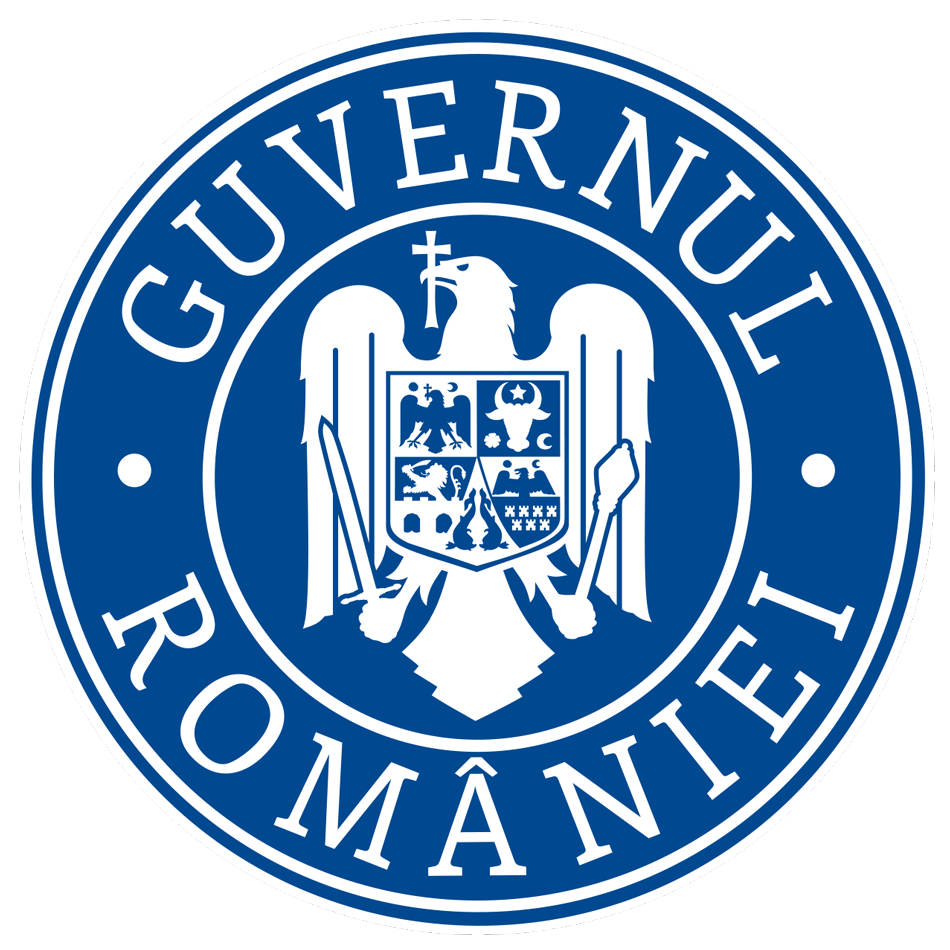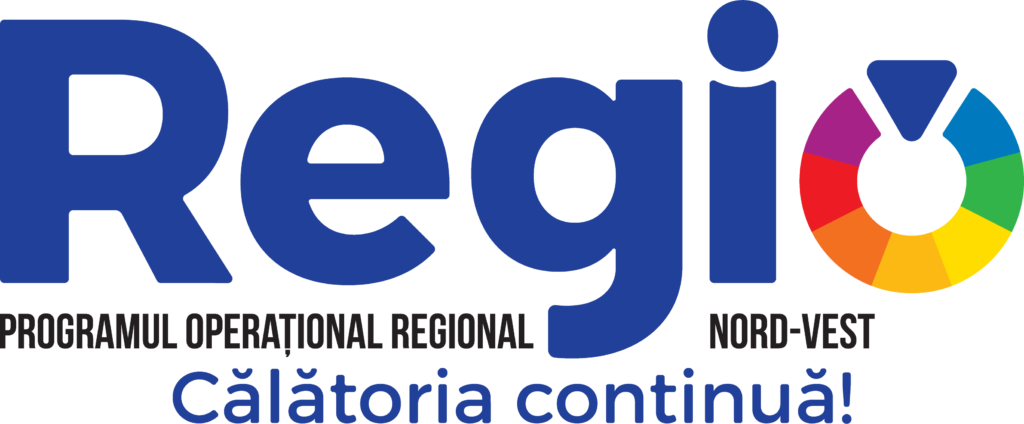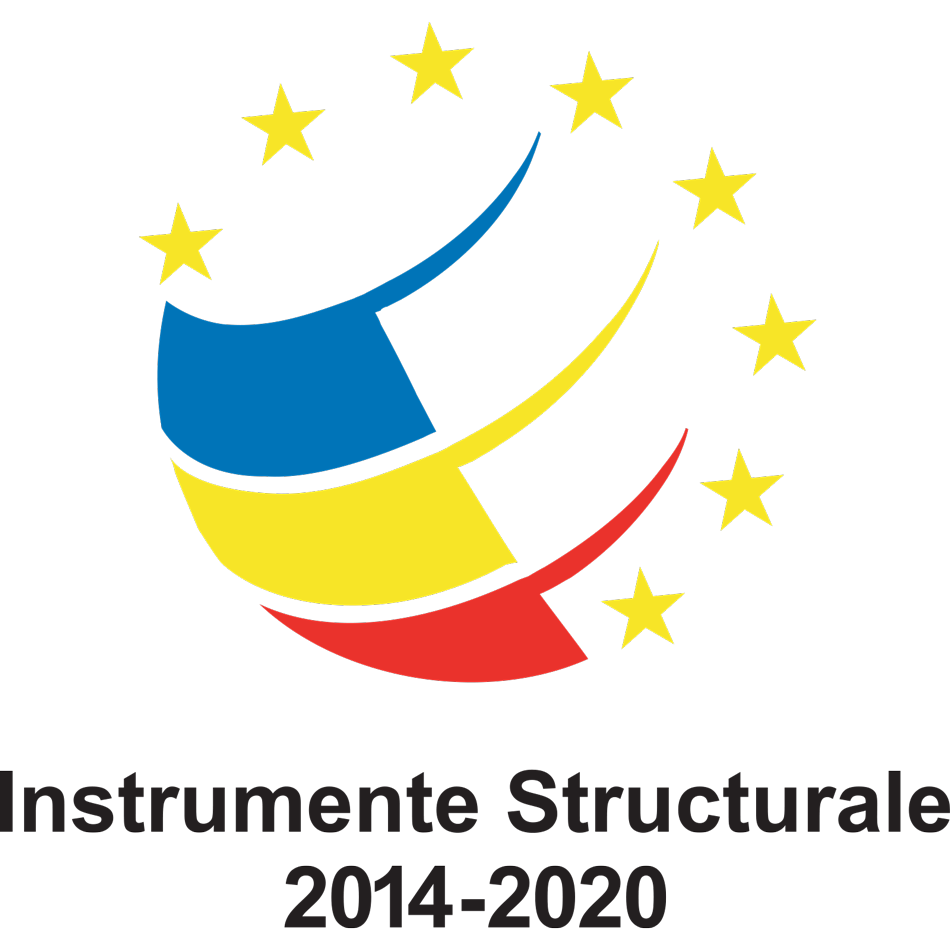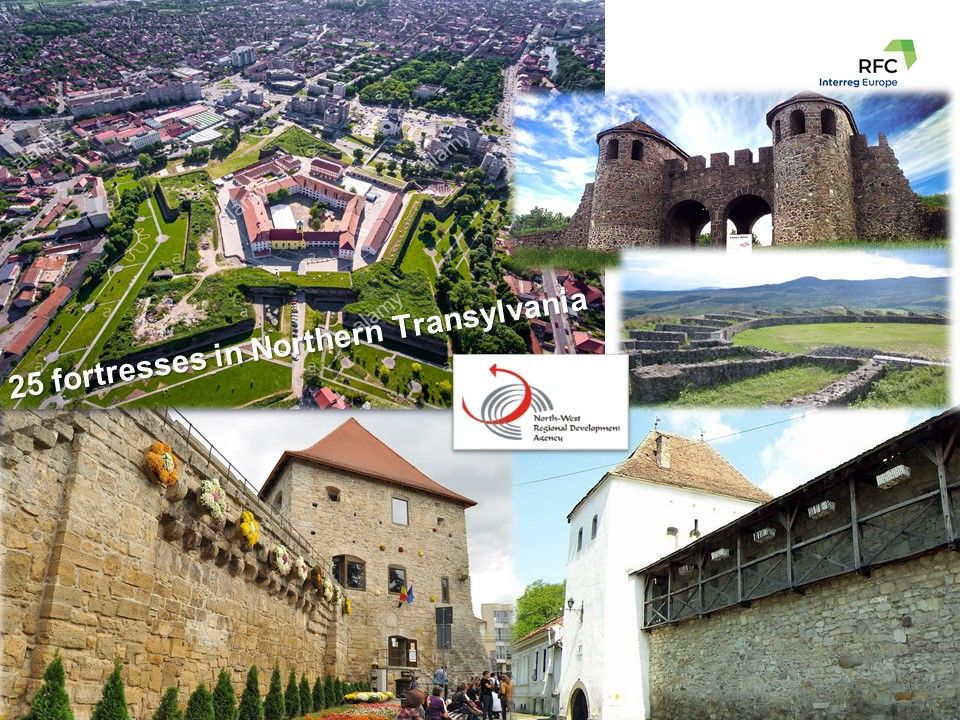
The North-West Regional Development Agency is starting the project in a European consortium Recapture the Fortress Cities, with a total budget of over 1.5 million euros, financed by the Interreg Europe Program 2014-2020, with the implementation period August 2019 – July 2023.
The project aims to improve public policies aimed at the sustainable revitalization of buildings and heritage structures, by improving the coexistence between fortifications located in cities, fortresses located in the proximity of cities and the urban perimeter that encompasses these fortresses and fortified sites of great importance at European level .
The fortified heritage defines the current image of the European urban landscape; however, many of the buildings are neglected, even ruined, few of them being integrated into the tourist and museum circuit or having other destinations. Safeguarding these constructions requires significant financial investments and a good collaboration of local and central public authorities, with responsibilities in the field.
The first meeting of the partnership - consisting of the Region of Usti (Czech Republic - coordinator), the Province of Antwerp (Belgium), the City of Komotini (Greece), the Region of Presov (Slovakia), the North-West Region (Romania), the Province of Teruel (Spain), the City of Magdeburg ( Germany) and the European Federation of Fortifications (EFFORTS) - took place in Brussels, between September 16-17, 2019.
In order to achieve the proposed objective - to generate sustainable strategies that offer innovative solutions for the use of old fortresses, to facilitate their maintenance and include them in the life of cities - the project aims to increase the awareness of residents regarding the coexistence of these buildings in their life and that of the city, to involve interested actors in initiatives related to monuments and to support the use of this heritage in social and cultural events. Thus, the project will contribute to a balanced territorial development, with an impact on employment and regional competitiveness. The public administrations involved will also become more efficient, by anchoring their actions in strategic territorial development documents, accompanied by medium-term action plans, which will substantiate quality and transparent decisions.
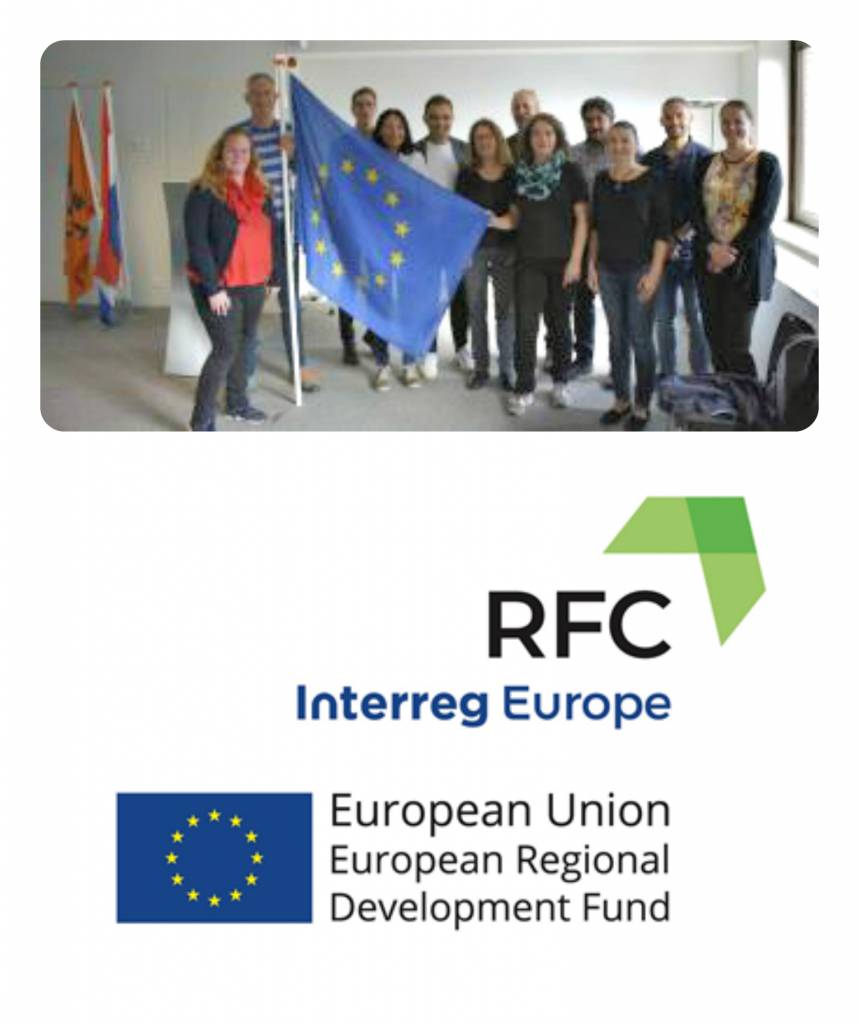
https://www.interregeurope.eu/rfc/
Article by Dorin Domuța, technical expert
Ioana Dragoș, project manager
